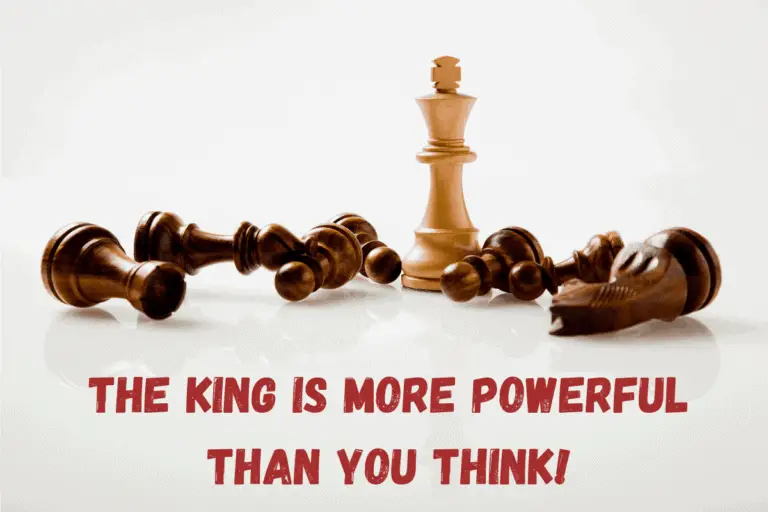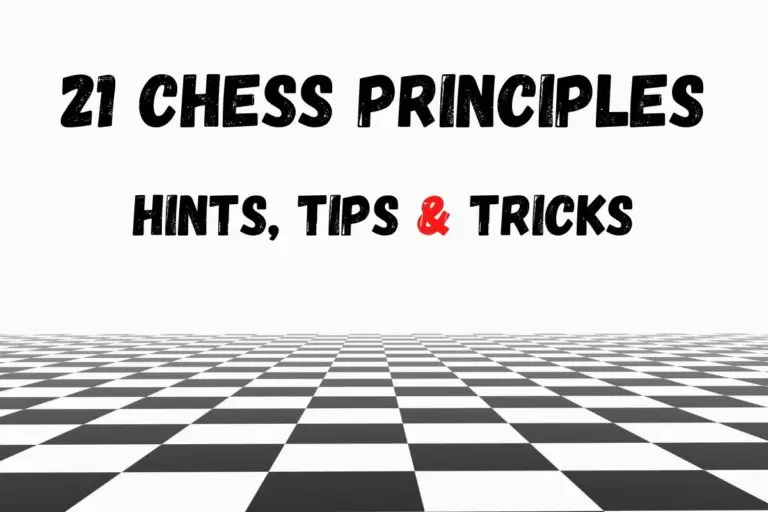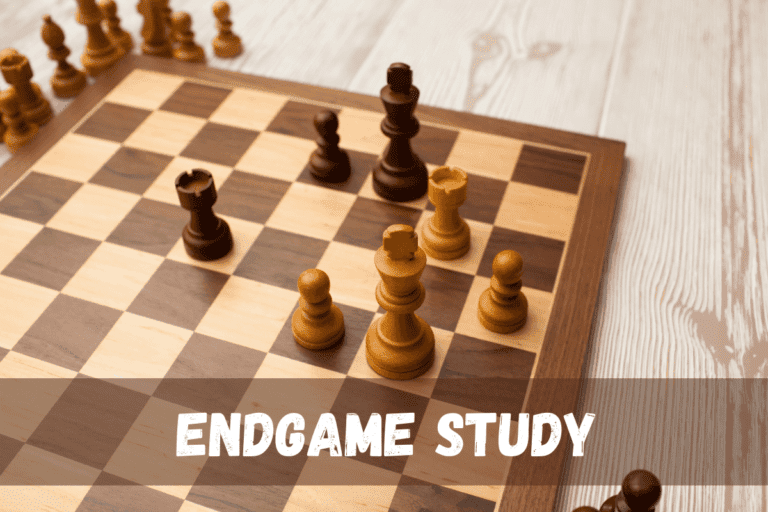Chess Grandmaster vs Computer – Who Wins Today?
⭐⭐⭐ Take 8 minutes to read and improve your chess game ➡️ : This article was first published on, and is Copyright of Chessquestions.com
For as long as computers have been used, chess has been one of the games that programmers have tried to perfect predictive playing patterns to beat the best chess grandmasters in the world.
We are some years down the line from when grandmasters were introduced to chess computers and beat them out of sight regularly, but in 2020 can chess grandmasters beat computers?
Chess Grandmasters can no longer beat computers today as they did right up to the 1990’s. Whilst the human brain is creative and intuitive, it lacks the ability and processing power to completely avoid mistakes like modern computer software can in the 21st-Century.
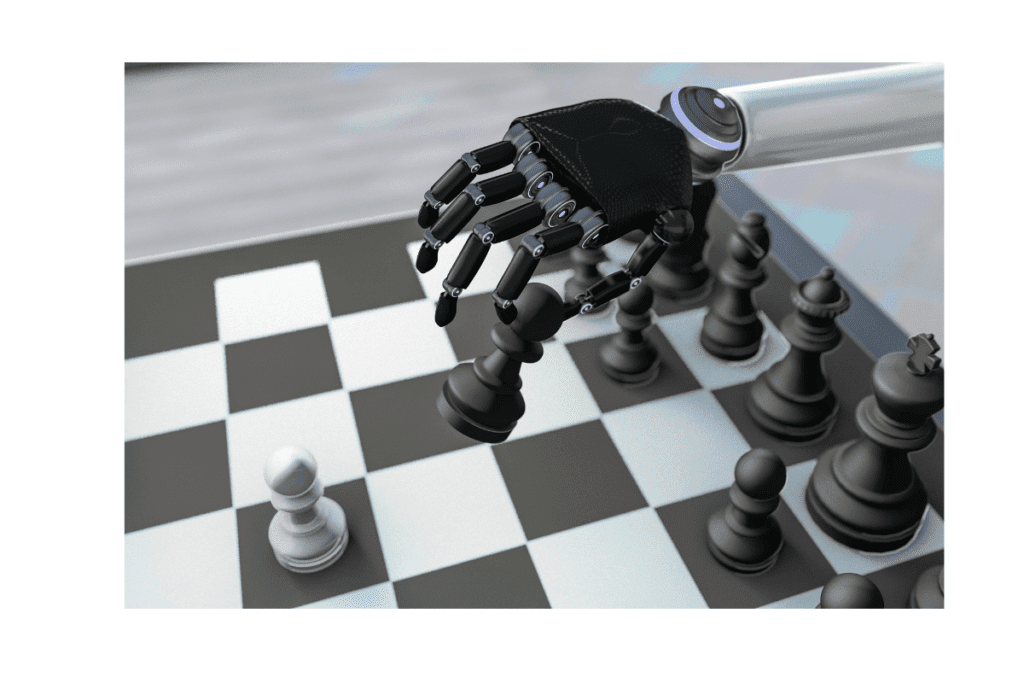
It took chess computers just 30 years from 1960 to 1990 to progress from a standing start to a point where they would beat all but the very best grandmasters. By 2006 engines were scoring ratings above Carlsen’s best 2014 figure of 2882
ELO Chess Computer Ratings
For more information on both chess grandmasters and thier modern counterpart the chess engine, check out the links below, or stick around here to find out how computer versus human has evolved over time.
Chess Grandmasters vs Chess Engines – A Brief History 1950-1997
Whilst the battle for chess supremacy has reached a point of no return where no human can come close to challenging a chess engine even without blunders, [without handicap] it has not always been the case. So let’s take a look at the timeline and progression of Chess Engines against human chess players.
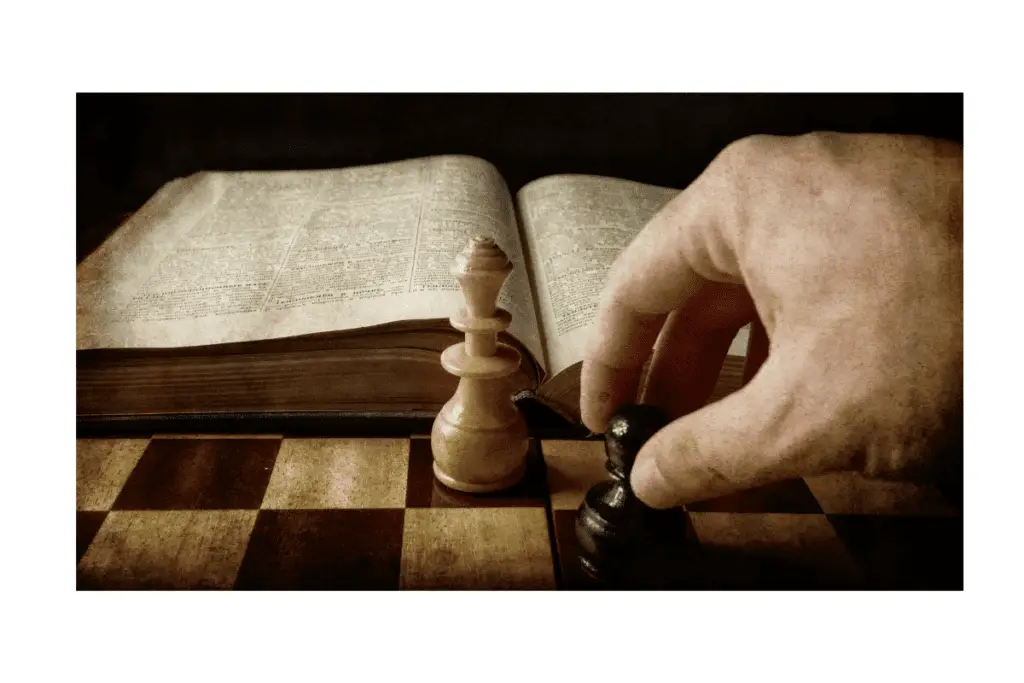
First Chess Engine
Computer programs were first written and tested on the Los Alamos variant where bishops are not included, on a 6×6 board. Castling, En passant and pawn double stepping are also not included in this variant. Was the program on the MANIAC the first chess engine to beat a human?
The MANIAC I chess computer was produced and beat a human opponent for the first time in 1956. MANIAC I was developed at Los Alamos Scientific Laboratory and beat a novice player at a variant of the game we know today after playing against itself and beating a handicapped human.
To be fair, the player who was beaten in the third game this program played had only learned to play chess one week prior to this match.
The MANIAC I computer had played itself in the first game, then lost to a strong player handicapped without a queen in the second game, before beating the relative novice in the third.
1960’s – The Real Beginning – Turing and Dietricht
Chess Computers were not really a thing until around 1960 although the Enigma code-breaking computer pioneer Alan Turing would be the first to work on an automated chess playing idea, before Dietrich Prinz, a colleague of Turing should write the first actual chess-playing program in 1951. It wasn’t very good, nor sophisticated as it would be able to complete a game because of the memory limitations.
It was in 1958 that Alex Bernstein, an IBM researcher completed a fully automated program on the IBM 704. This could possible be claimed as the first success for AI.
The development of chess engines continues and were pitted against players.
David Levy in 1968 made a wager that no chess computer would be developed that could beat him in the following ten years!
1970’s – Chess Engine Championships & The David Levy Bet
By the 1970’s so prolific was the creation of chess computers, and so competitive were the makers that computer chess championships were introduced.
Chess matches between players and engines continued with humans still gaining the edge and grandmasters not really entertaining the prospect of the challenge with little to prove or gain from a match up.
The personal wager David Levy had made in 1968 had attracted more participants as more AI experts took and put up the ante on the bet, with total stakes no reportedly in the region of £1250.
I would still win if the period were to be extended for another ten years
David Levy
In 1978 however, David Levy was able to collect on the wager he made ten years earlier with various people when no chess computer would be able to beat him.
How did David Levy win his bet?
As predicted no chess computer was able to defeat him in a suitable chess match in the time period he stated.
Chess 4.6 the program developed by Larry Aitkin and David Slate at Northwest University had become the first chess engine to be successful at a major chess tournament when winning the second world chess computer championships in 1977
So, in 1978 when Chess 4.7 was launched it was the final game Levy would play against his bet, and although he lost in Blitz** conditions, the bet involved at least 40 moves over two hours, and Levy scored a comfortable 4.5-1.5 victory to land the match and the best he had made with various opponents.
FUN FACT: When Chess 4.7 won game 4 in the match against Levy it was the first time a computer had won a game against a human master.
1980’s – The Rise of Engines, Masters Losses and the first Grandmaster defeat.
David Levy had predicted his bet well, but may have been a little optimistic in his caim that the bet could have been extended for another ten years, as by 1988, not only masters, but also grandmasters would fall at the feet of chess engines
It only took until 1981 for the first chess engine to win in tournament play against a master when Cray Blitz defeated Joe Sentef and in doing so also became the first computer to gain a master rating.
As the decade progressed, we had seen the development of the Sinclair ZX81, and Deep Thought had arrived, and been the first chess computer to beat a Grandmaster in a tournament defeating GM Bent Larsen, still considered to be the strongest Danish player of all time.
This was no mean feat!
Step forward World Champion GM Garry Kasparov, who would still fight for the human superiority by beating Deep Thought in 2 exhibition matches in 1989.
Kasparov v Deep Blue 1996 & 1997
In 1996, top-rated chess player Garry Kasparov famously defeated IBM’s Deep Blue chess computer, despite 38 years of development and progression showing that these machines were still no match for the top chess players in the world.
There was a rematch in 1997, however, and this time the Deep Blue system was able to defeat Kasparov after some tweaks to the software. Showing that these machine systems are continuously improving and becoming smarter as time moves along.
AI was in 1958, an unimaginable fantasy, but something that in 1997 Garry Kasparov would fall victim to. Today Kasparov has every respect for AI technology and it’s capabilities.
“Technology is the main reason why so many of us are still alive to complain about technology.”
Garry Kasparov
Today, it is fair to say that computer chess players will always have the ability to beat humans, even if they are the world’s top-rated chess players.
Grandmaster vs Chess Engine Elo Ratings Compared
Below is a table displaying the difference in ratings given to the top 10 chess players as of today [November 2020] and those of the top 10 chess engines.
| Pos | Player | Rating | Engine | Rating |
|---|---|---|---|---|
| #1 | Carslen | 2862 | Stockfish | 3791 |
| #2 | Caruana | 2823 | Stockfish Classic | 3758 |
| #3 | Ding | 2791 | Komodo | 3691 |
| #4 | Nepomniatchtchi | 2789 | Fire | 3617 |
| #5 | Vachier-Lagrave | 2784 | Lc0 CPU | 3582 |
| #6 | Aronian | 2781 | Komodo MC | 3581 |
| #7 | Grischuk | 2777 | Xiphos | 3581 |
| #8 | Mamedyarov | 2770 | Ethereal | 3578 |
| #9 | So | 2770 | Rofchade | 3544 |
| #10 | Radjabov | 2765 | SlowChess | 3533 |
It is clear how there is no comparison in terms of the ELO ratings for each of the top 10 grandmaster and the top 10 chess engines by Elo ratings.
It should be noted that the player ratings are current and not the best ever achieved, but if we even apply, Magnus Carlsens best ever rating of 2882 in May 2014, it still falls way short of even the 10th position chess engine.
Chess Engines were pushing through the 2882 level at the end of 2006 early 2007 when Rybka smashed through it quickly afterward. The latest Deep Rybka has gone on to record a rating of 3199 and thus would not make it into the current top ten engines.
This is a video of the progression of Chess Engine Elo rating Estimates, you’ll see the point at which Engines became too good for humans at 2:14
You’ll also note how the progression of chess engines in terms of ratings is so much swifter since 1965, than that of a comparative view of chess players through the years.
Player and Engine Data Sources:
The grandmaster ratings are from January 2021 and the official FIDE figures
The Engine ratings are from November 2020 and chess.com Blitz ratings
Note:Blitz ratings are for games of over 3 minutes but under 10 minutes.
Why Computers Can and Will Outpace Humans.
There are many reasons why computers have the upper hand to beat out humans in competitions like chess and other strategy games, but a few of those reasons stand out.
Moore’s Law
The first reason that stands out is what is known as “Moore’s Law,” which states that computer chips will continuously improve and become more complex every year, which is an exponential growth that humans simply cannot achieve.
This is the main driver for computers to continue to outpace humans in a lot of facets. There are advantages that the human brain still has over computers, like intuition and creativity, but those advantages do not really help us when it comes to strategy.
Software Development
On top of computers exponentially improving year after year, we see software developers constantly improve the software that runs these chess matches.
Believe it or not, there are actually computer-only chess leagues where different chess software is put up against each other to see which ones are the best.
Having competitions like this will be part of the foundation that keeps these programs evolving and improving over time.
The question then becomes, how far can it go?
Artificial Intelligence
Moving forward, we can expect artificial intelligence to put a nail in the coffin when it comes to the question of whether or not any humans will have the ability to beat machines in chess.
Artificial intelligence has already been shown to outperform humans in other games. Most popularly, they tested artificial intelligence systems in playing the game “Go” against the top “Go” player in the world.
The system won.
“Go” is another strategy based game that is known to be far more complex than chess.
How Artificial Intelligence Works.
When computers started consistently beating chess grandmasters, they were still at a stage where they were simply programmed to be able to do so. Meaning that they were fed certain information and rules of the game to account for all possible situations.
With artificial intelligence, the systems can actually learn as they go along and essentially continue to improve all on their own, without any further developments from the human software developers.
For example, with the game of “Go,” an A.I. system was fed the information from previously played “Go” games that came from professionals.
This technology can then take in all of that data and learn the rules of the game based on what it is picking up, the patterns it is detecting, and so on.
The developers of the technology do not actually need to tell the machine the rules of the game, and the machine figures it out.
Then once the A.I. has enough information, it can begin to play “Go” independently.
As it plays more and more games, those games get fed back into the system, patterns are detected, and the machine then teaches itself to become a better player.



